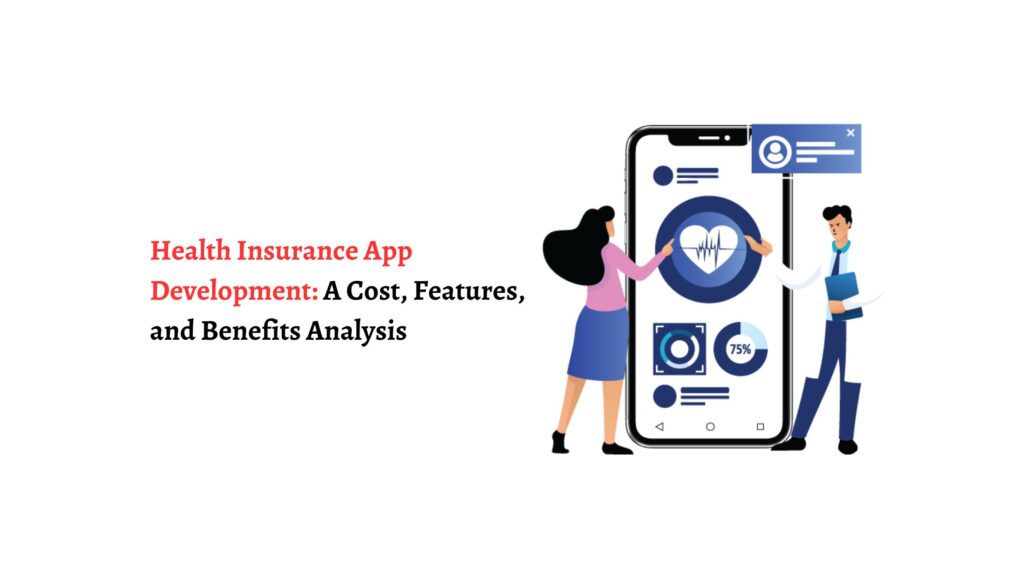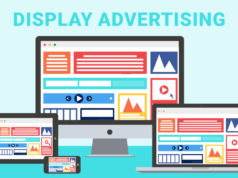The global healthcare landscape has undergone a radical transformation, accelerated by unprecedented challenges. This shift has propelled digital innovation across various healthcare domains, encompassing medical records, drug discovery, pharmacy and hospital management, remote billing, equipment, telehealth, and medical insurance. With healthcare app development services, you can leverage the lucrative opportunities this domain offers for healthcare service providers and receivers.
In this blog, we delve into the best practices and considerations for health insurance app development, covering market insights, key features, development processes, and cost considerations.
Benefits of Health Insurance App Development
1. Convenience and Accessibility
The accessibility empowers users to check coverage details swiftly, compare insurance plans, locate in-network providers, and access insurance information conveniently.
2. Streamlined Communication
These apps serve as efficient communication channels between users, insurance providers, and healthcare facilities.
3. Single Point of Data Storage
Health insurance apps offer a synchronized data storage system seamlessly integrated with Electronic Health Records (EHR), Electronic Medical Records (EMR), third-party platforms, and internal healthcare provider systems.
4. Minimized Paperwork
With health insurance apps, users eliminate the need to print claim records and essential documents. The easy accessibility of mobile health (mHealth) and insurance apps enables users to store and retrieve required information securely anytime, anywhere.
5. Enhanced Productivity
Health insurance apps contribute to enhanced productivity by automating processes such as report generation and policy renewal reminders.
6. Revenue Maximization
By automating processes and reducing the reliance on physical documents, health insurance app development leads to decreased administrative costs and improved customer service. Better service attracts more users, contributing to increased profits in a shorter timeframe.
Want to know how you can build a successful healthcare app? Read this Ultimate Healthcare App Development Guide to find out.
Health Insurance App Features
1. User Profile
The user profile feature enables users to register and manage their profiles using email, phone numbers, policy details, and other essential information, ensuring a personalized user experience.
2. Policy Information
Displaying detailed policy information, including coverage details, deductibles, premiums, and effective dates, is a crucial feature. It allows users to compare insurance plans and make informed decisions based on their specific needs.
3. Claims Management
This feature enables users to submit, track, and manage insurance claims efficiently. Users can upload supporting documents, file claims, and receive status updates directly from their mobile devices.
4. Payment Management
An adaptable payment options feature allows users to sign up quickly, automate invoice processing, and facilitate configurable commission and incentive calculations.
5. Media Sharing
Media sharing is significant in healthcare insurance apps, allowing patients to seamlessly share medication documents or medical reports with doctors for review.
6. Effective Communication
Enabling effective communication is crucial for building app credibility. Users can securely connect with insurers, healthcare providers, and customer support for quick responses to queries.
7. Push Notifications
Important updates and reminders reach users promptly through push notifications, ensuring they stay informed about policy changes, claim updates, and critical healthcare alerts.
8. Early Diagnosis
This feature, when implemented, provides users with access to medical guidance. An AI-powered chatbot or questionnaire feature offers an initial diagnosis, referring users to the right doctor when immediate visits or calls are not feasible.
9. Multi-Factor Authentication
This vital security feature enhances the app’s security, protects user privacy, and ensures HIPAA compliance. Multi-factor authentication guarantees secure access to the app, requiring users to provide extra information along with their username and password.
Health Insurance App Development Cost Considerations
Determining the cost of health insurance app development involves various factors, and there’s no one-size-fits-all formula. The complexity, features, platform, location of the development company, app types, and regulatory requirements significantly influence costs.
- Simple App (3-6 months): $50,000-$100,000
- Medium Complex App (6-9 months): $100,000-$150,000
- Highly Complex App (10+ months): $150,000-$300,000
The complexity and richness of features directly impact costs. An in-depth evaluation, considering factors like app complexity, features, and development duration, is essential for accurate cost estimates.
Conclusion
In conclusion, the development of health insurance apps has become imperative in the evolving landscape of healthcare. Hire a healthcare app development company to get numerous benefits, coupled with diverse features catering to different user types, position these apps as crucial tools in enhancing the efficiency and accessibility of healthcare services.
As the healthcare industry continues to embrace digital transformation, the role of health insurance apps is poised to become even more significant in providing seamless and user-friendly experiences.
Also read Technology







